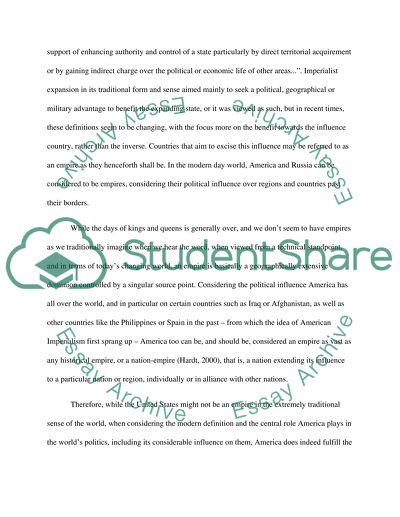Cite this document
(“Colonialism & Empire Essay Example | Topics and Well Written Essays - 1500 words - 1”, n.d.)
Retrieved from https://studentshare.org/history/1420126-colonialism-empire
Retrieved from https://studentshare.org/history/1420126-colonialism-empire
(Colonialism & Empire Essay Example | Topics and Well Written Essays - 1500 Words - 1)
https://studentshare.org/history/1420126-colonialism-empire.
https://studentshare.org/history/1420126-colonialism-empire.
“Colonialism & Empire Essay Example | Topics and Well Written Essays - 1500 Words - 1”, n.d. https://studentshare.org/history/1420126-colonialism-empire.


